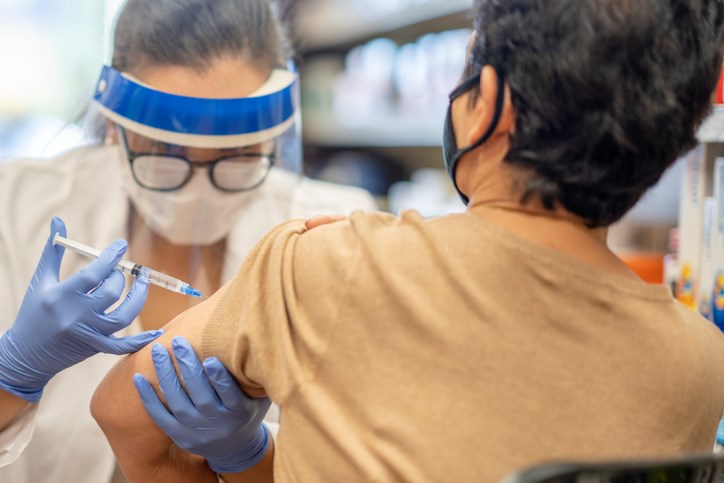Canada rolled out and already started implementing its COVID-19 booster shot plans.
Several other countries have progressed in that direction as well, with Israel the first one to push hard for it, having more than two out of nine million people already revaccinated.
However, the World Health Organization, our global health big brother, has not yet supported the idea of third doses and some experts strongly confront revaccination. Several WHO specialists compared booster shots to handing out extra lifejackets to those who already have them, while others are drowning without any help.
Revaccination started in Saskatchewan Sept. 7 and so far, eligibility for booster shots is very limited in our province. The third shot is only available to those Canadians living in long-term care and personal care homes, transplant recipients, recipients on stable, active treatment such as chemo, for malignant, hematologic disorders, and recipients of an anti-CD20 agent.
While some citizens might be eager to get the booster shot to further protect themselves in a worsening epidemiological situation with the fourth wave licking our feet, last week's Saskatchewan government announcement on new public health measures resulted in lines where the vaccines are available.
Pharmacies in Estevan are booking well into October, and with limited eligibility for a booster shot my guess is most people lining up for vaccines now are those who decided to take their first two doses. This, on a minor scale, demonstrated that there is still a strong need for initial vaccination.
I'm sure here we do have the means to meet the demand stimulated by the government's regulations, and soon the situation will level itself out. I'm assuming in our case, with a spike in interest towards vaccination, these were the local distributors probably just not having an instant capacity and/or stack of supply, rather than the province lacking the needed number of shots to immunize the population. But unfortunately, it's not the case in many places, which don't have access to the vaccine.
Most of Africa and many countries in Asia have hardly seen any vaccines, and push for boosters in North America, Europe, Russia and some other countries most definitely will shut others out of it.
Mass revaccination in rich countries will worsen the deficit of vaccines in poor ones, but from the perspective of saved lives or prevention of hospitalization, it's not clear if boosters would affect anything. The WHO says there is not enough reliable evidence of the vaccine effectiveness fading away over time.
And while it's getting closer to a year of vaccination progress in many countries, and more data comes in showing that the immunity does go down over time, it's still not enough to make major scale conclusions. Most data we have is collateral. Even though there is a correlation between antibodies and COVID response, there is no direct connection between the number of antibodies and the risks of containing COVID, especially in a severe form.
So to decide on the need for boosters, experts would need to work with direct data such as cases, hospitalization and death statistics. But even here it's not that straightforward, as there can be at least two factors affecting it – the decline in immunity over time and the spread of new variants of the virus. To understand what exactly resulted in a new wave in any given area, researchers would have to analyze the statistic combined with information about vaccination timeframe in each individual case.
So far, there hardly was such research. The data received in different countries is diverse and sometimes controversial.
It's still not clear if the third shot decreases the risk of severe disease development in comparison to two-dose vaccination. And there is a good chance that regular vaccination will be just as effective for that.
There is still not enough evidence to support the benefits of mass application of booster shots and with a lack of vaccines worldwide it seems logical that the time for third doses hasn't come, at least yet.
However, the existing data also suggests that a third shot increases the level of antibodies, which means that there are fewer chances of becoming a vehicle of disease, which makes you safer for people around, and in this case, the booster might be viewed as beneficial (if leave the global distribution of vaccine out of the picture).
After all, I believe the local health authority has the most recent, relevant and full data about the situation and is always the best source of directions and advice.

